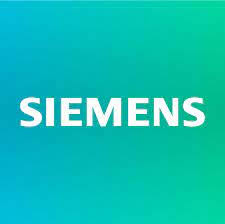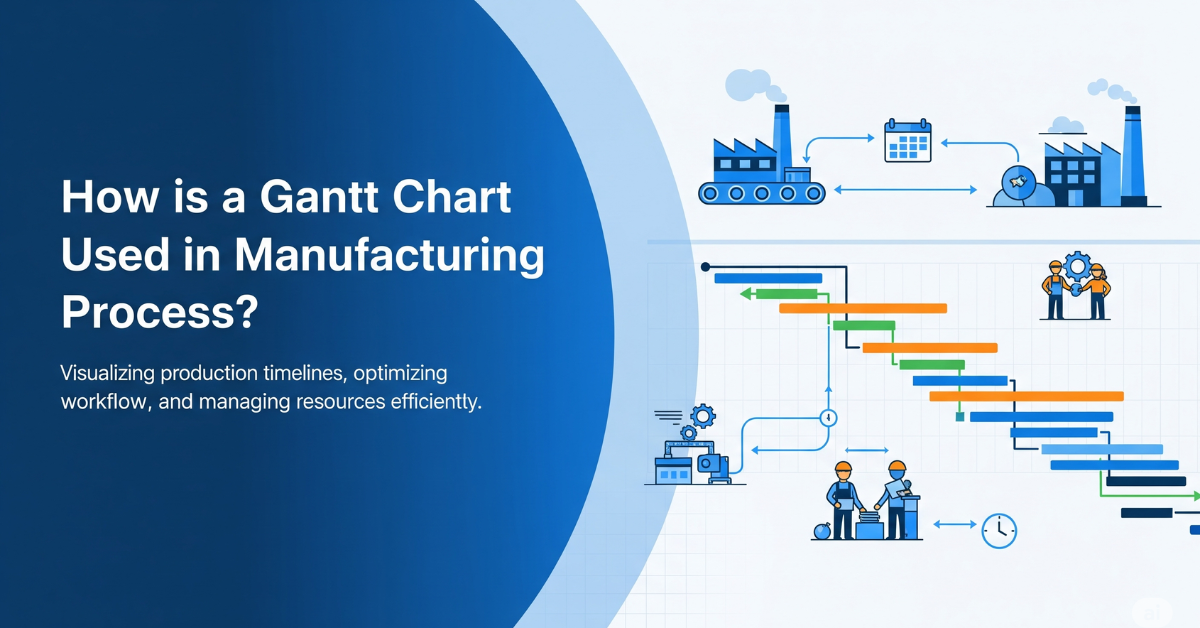Manufacturing Execution System
A Manufacturing Execution System (MES) connects digital and physical production by tracking and controlling processes in real time. It ensures operations meet specifications, enhancing product quality and industry compliance.
MES supports smart manufacturing by integrating shop floor data and promoting continuous improvement.
Manufacturing Execution Challenges
Manufacturing execution involves challenges like integrating real-time data collection and advanced technologies, adapting to changes in demand and production schedules, and coordinating between departments.
Managing complex supply chains and ensuring accurate tracking of production activities are significant hurdles. Compliance with diverse global standards and maintaining quality control amid human variability add further complexity.

What Does a MES Software Do?
A Manufacturing Execution System (MES) manages and monitors production processes on the factory floor in real time. It collects data from machines, operators, and other resources to track and document the transformation of raw materials into finished products.
MES optimizes production scheduling, ensures quality control, manages work orders, and provides real-time visibility into manufacturing operations.
/MES/Traceability.jpg?width=850&height=574&name=Traceability.jpg)
Features
Production Monitoring and Control
Tracks real-time data from the shop floor, including equipment status, work-in-progress, and material flow. It provides comprehensive visibility and control over production processes to enhance efficiency and minimize downtime.
Quality Management System
Enforces quality standards during production, capturing data for each batch or unit and generating alerts for deviations. It integrates with quality control measures like SPC (Statistical Process Control) to ensure consistent product quality.
Traceability and Genealogy
Records the entire production history of each product, including raw materials, equipment used, and personnel involved. This ensures end-to-end traceability for compliance and quick identification of defects.
Benefits
Compliance Traceability
MES enables compliance with industry standards and regulatory requirements through comprehensive traceability and documentation.
Production Efficiency
Real-time monitoring helps identify bottlenecks and optimize workflows, leading to streamlined processes and reduced production cycle times.
Data Accuracy
Digital data collection reduces the risk of errors compared to manual entries, providing accurate and reliable data for analysis and decision-making.
Quality Assurance
In-process checks and traceability ensure adherence to quality standards, minimizing defects and rework.
Reduced Downtime
Early detection of equipment issues and efficient maintenance scheduling help minimize unplanned downtime.
Optimized Resource Utilization
Improved visibility allows better planning and allocation of machinery, labor, and materials for optimal productivity.
Siemens Opcenter Execution
Snic Solutions is recognized as one of the elite organizations partnered with Siemens as a value-added reseller of Opcenter.
/About%20Page/Blake%20Digital%20Transformation%20Solutions.png?width=500&height=500&name=Blake%20Digital%20Transformation%20Solutions.png)

MES Integration
Manufacturing Execution System (MES) software is vital in the smart manufacturing ecosystem by integrating with systems like ERP, MOM, APS, and QMS.
What happens when you integrate?
Integrating MES provides enhanced operational visibility and control, offering real-time insights into production processes. This ensures that shop floor data is accurately captured and shared across systems, enabling immediate responses to production issues and maintaining data consistency.
-1.png?width=600&height=508&name=SNic%20Solutions%20specializes%20in%20smart%20manufacturing%20solutions%20which%20include%20manufacturing%20operations%20management%2c%20detailed%20scheduling%2c%20and%20manufacturing%20execution%20systems.%20(1)-1.png)
From Our Blog
Stay up to date with what is new in our industry, learn more about the upcoming products and events.

Why Manufacturers Struggle to Use Data — and How Data Integration Fixes It
Alex is an operations leader at a manufacturing plant. He’s aware that his IT team…

How is a Gantt Chart Used in Manufacturing Process?
In manufacturing, Gantt charts are used to simplify production by visualising task…
.png)
Top Advantages of Laboratory Automation Systems
Are you curious about how laboratory automation can benefit your lab? Laboratory a…
Frequently Asked Questions
Have Question? We are here to help
How Does MES Software Differ from ERP?
MES focuses on real-time production management, tracking shop floor activities, equipment, and quality. In contrast, ERP handles broader business management functions like finance, HR, and supply chain.
How Does MES Handle Traceability?
MES ensures end-to-end traceability by tracking materials, components, and finished goods through every production stage, enabling quick recall and compliance with regulations.
Which Industries Benefit from MES Software?
Industries like automotive, electronics, consumer goods, food and beverage, and pharmaceuticals benefit significantly due to complex production processes and high-quality requirements.
How Does MES Improve Quality Management?
MES software supports quality management by tracking deviations, enforcing standardized processes, and providing real-time alerts for non-conformities, helping maintain compliance.
What is the Difference Between MES and SCADA Systems?
MES (Manufacturing Execution System) manages production processes by controlling and optimizing workflows, quality, and traceability. SCADA (Supervisory Control and Data Acquisition) is focused on real-time data collection and control of equipment at the machine or device level.
Is MES an IT or OT System?
MES bridges IT (Information Technology) and OT (Operational Technology). It uses IT principles to manage data and production workflows while directly overseeing OT functions like equipment control and shop floor operations.
What Does MES Do in Manufacturing?
MES tracks production activities, monitors equipment performance, ensures quality standards, and provides real-time insights, enabling manufacturers to optimize resource use, improve product quality, and achieve efficient production workflows.
Partner With Us To Reduce Your Technical Debt
Snic Solutions is recognized as one of the elite organizations partnered with Siemens as a value-added reseller of Opcenter.
/About%20Page/Blake%20Digital%20Transformation%20Solutions.png?width=500&height=500&name=Blake%20Digital%20Transformation%20Solutions.png)
